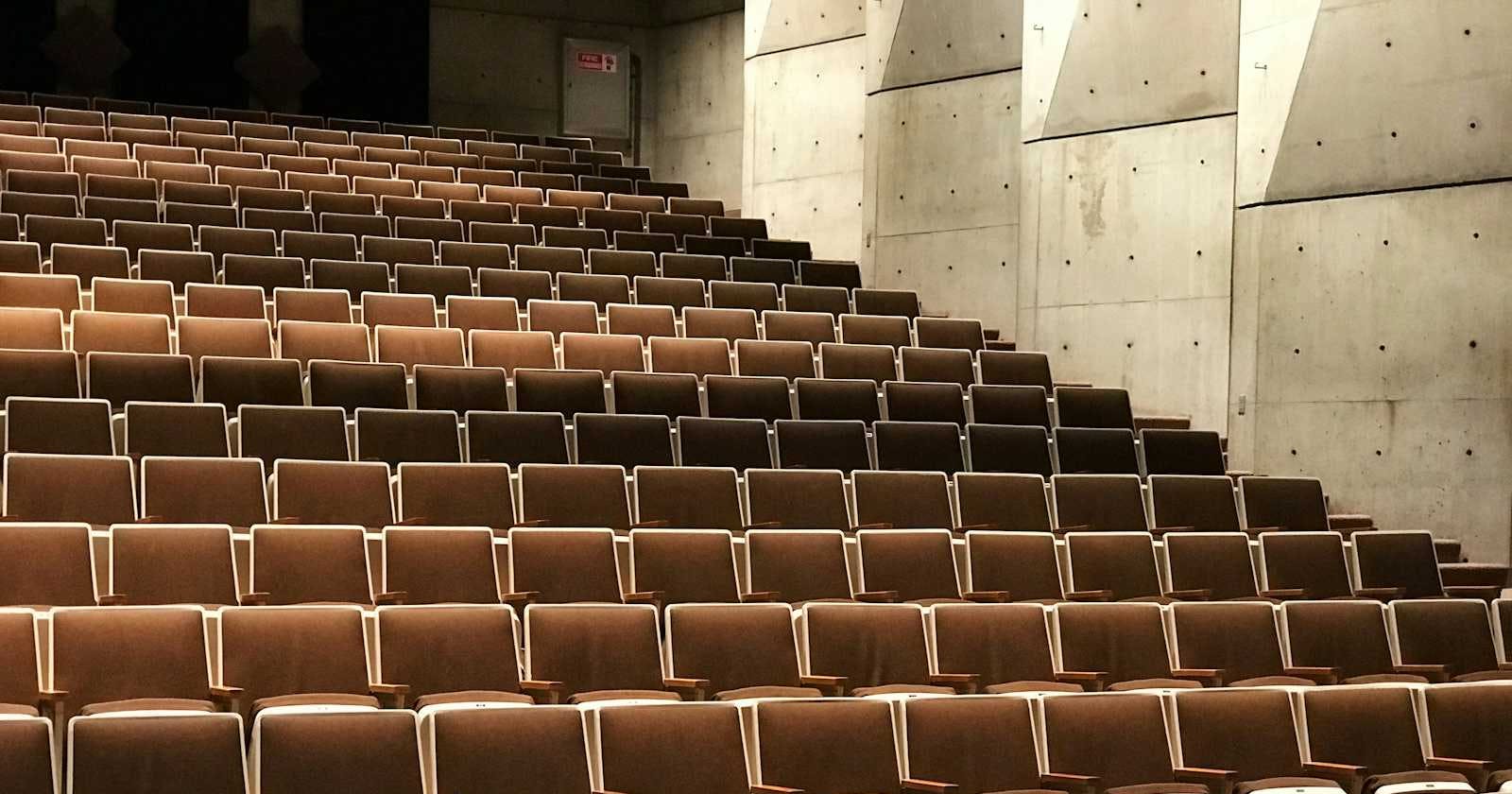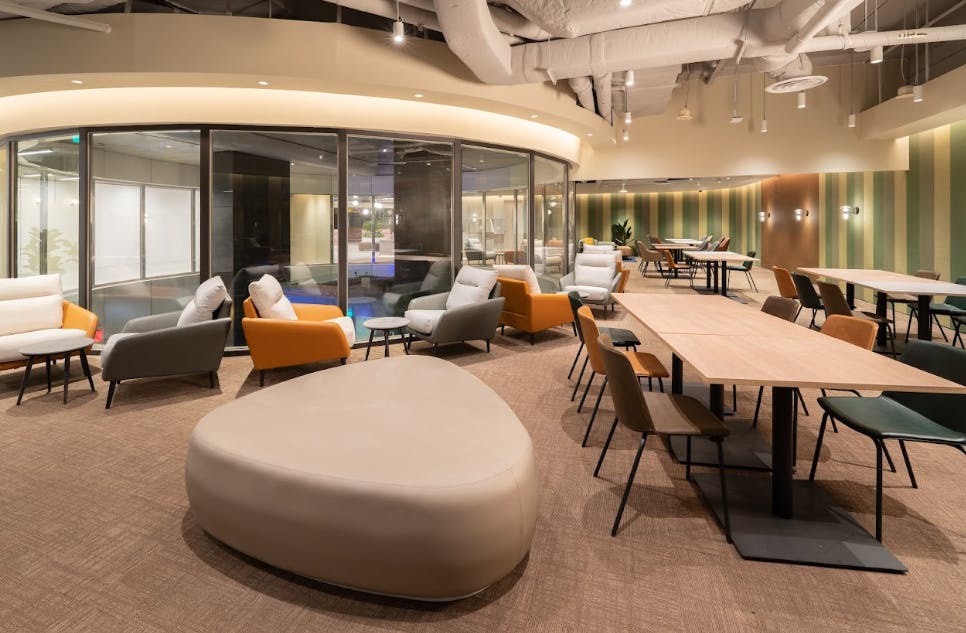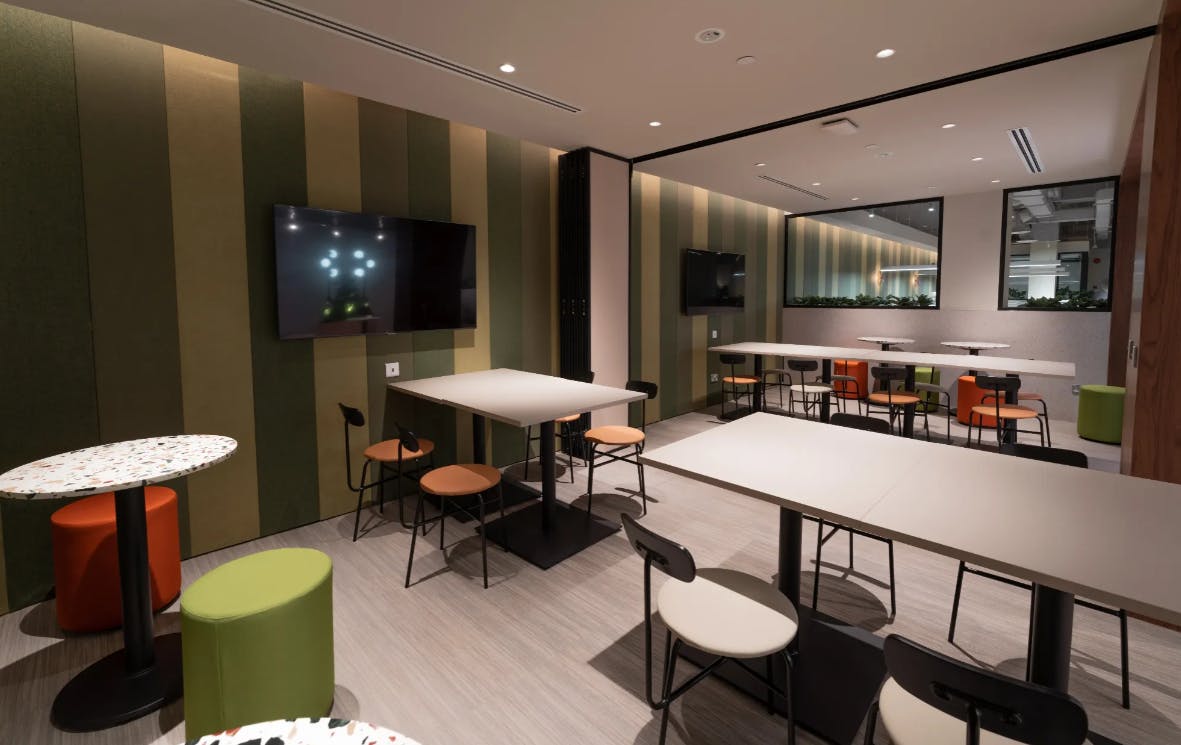Hosting a successful seminar is much like hosting a grand dinner party, where every detail counts from the invitations to the farewell. It's an event that brings people together for the purpose of learning, networking, and growth. Whether you are planning a seminar for professional development, education, or to launch a new product, the goal remains the same: to create an engaging and memorable experience for your attendees.
In this comprehensive guide, we'll walk you through expert tips and strategies for every stage of seminar planning – from the early planning phase to the final wrap-up, ensuring your event is not just a success but a highlight for everyone involved.
Planning Phase
Image courtesy: Unsplash
The planning phase is the backbone of your seminar. Diving deep into planning helps ensure that your seminar not only runs smoothly but also meets your intended outcomes. Let’s break down this phase into manageable steps.
Set SMART objectives and goals: Define what you aim to achieve with your seminar, whether it's brand awareness, education, networking, or lead generation. These objectives should be specific, measurable, achievable, relevant, and time-bound (SMART), guiding every aspect of your seminar from content to marketing.
Choose the right date and venue: Consider your target audience's availability and avoid conflicting dates with holidays or industry events. Select a venue that comfortably accommodates your guests and aligns with your seminar's theme. Ensure accessibility, parking, and technical capabilities meet your needs, and book well in advance to secure your preferred date and venue.
Looking for a space to host your seminar? Look no further than Staytion!
Marketing and Promotion
Once you've nailed down the planning, it's time to get the word out. Effective marketing and promotion are key to ensuring that your seminar reaches its potential attendees.
Creating a marketing strategy
Start with a robust marketing strategy that defines your target audience, channels of communication, and key messages. Your strategy should include a mix of digital and traditional marketing methods tailored to where your target audience spends their time. Set aside a budget for paid advertisement if possible, as it can significantly boost and enhance your seminar's visibility.
Leveraging social media for promotion
Social media is a powerful tool to create buzz around your seminar. Use platforms like LinkedIn for professional seminars, Instagram and Facebook for more general events, and Twitter for quick updates and engaging with attendees. Create a unique event hashtag, share behind-the-scenes content, and engage with users to foster a community around your seminar.
The use of email marketing campaigns
Email marketing can be particularly effective for reaching out to previous attendees and interested parties. Start with a save-the-date email, followed by regular updates regarding speakers, schedules, and teasers of what they can expect. Ensure your emails are mobile-friendly, use engaging subject lines, and include a clear call to action, such as registering for the seminar or visiting your website for more information. Monitoring the open and click-through rates can help you adjust your approach for better engagement.
Logistics and Execution
Organize registration and ticketing: Choose a reliable platform for secure attendee information handling. Ensure it offers features like automated confirmation emails, easy check-in processes, and real-time attendee tracking. Offer multiple ticket types, including early bird pricing and group discounts, to encourage sign-ups and manage logistics efficiently.
Arrange speakers and content: Identify industry leaders or dynamic speakers who align with your seminar's objectives. Collaborate with them to refine topics and ensure relevance and engagement. Confirm technical requirements and accommodations early and have backup speakers or content prepared for contingencies.
Manage event logistics on seminar day: Clarify team roles and responsibilities, from registration desk duties to technical support. Conduct a tech run-through to ensure equipment is functioning properly. Provide clear signage for attendees and prepare contingency plans for unforeseen issues like power outages or connectivity problems.
Engagement and Networking
Image courtesy: Unsplash
Facilitating networking opportunities
Networking is a key reason many attendees go to seminars. Create spaces and times within your agenda specifically designed for networking. This could be through structured speed networking sessions, networking lunches, or thematic breakout rooms. Providing an event app or social media group for attendees can also encourage interactions before, during, and after the seminar.
Incorporating interactive elements
To keep your audience engaged, incorporate interactive elements throughout your seminar. This could include live polls, Q&A sessions with speakers, or interactive workshops that complement the seminar topics. Not only do these elements make the seminar more engaging, but they also facilitate better learning and retention among attendees.
Collecting feedback and following up
Your seminar doesn’t end when the last attendee leaves. Collecting feedback through surveys or a mobile app helps you understand what worked and what didn’t. Ask specific questions that gauge the effectiveness of speakers, sessions, and the overall event organization. Following up with a thank you message, key takeaways, or a summary video keeps the conversation going and lays the groundwork for future seminars, making each one more successful than the last.
Conclusion
Hosting a successful seminar is a rewarding endeavor that requires careful planning, strong organization, and effective promotion. By focusing on your audience's needs, selecting the right venue, crafting engaging content, leveraging technology, and evaluating your event's success, you can create an enriching experience that inspires and educates your participants. Remember, the key to a memorable seminar lies not just in the information shared but, in the experience, created for attendees. So, take these tips, infuse them with your unique touch, and get ready to host a seminar that leaves a lasting impact.
Stay organized, stay passionate, and most importantly, enjoy the journey of bringing people together for a shared learning experience!
Staytion offers a wide array of event spaces for a seminar. Explore your options today!
Feel free to contact us now via email at space@gostaytion.com or phone us at +65 8807 4208!






